Are you getting enough protein in your diet? Protein is critical to health and meeting your fitness goals. So here is everything you need to know about protein to ensure you are getting the right amount of proteins from foods in your diet along with protein supplements. If you've got a protein question, there's probably an answer to it here, so read on.
Why is protein important for fitness?
If you participate in any athletic activities or exercise at the gym, then protein is an essential macronutrient you should be consuming regularly. Training, especially intense workouts, place a lot of stress on your muscles. As a result, your muscle tissues may tear. You’ll feel the effects of these muscle tears in the form of soreness after you complete your workout. Consuming protein won’t eliminate the soreness that you feel after working out. But it will help your muscles to start recovering quickly.
Aside from protein helping recover the tears in your muscles, another good reason to consume it when you are working out or involved in athletic training is that it keeps you feeling full. Therefore, you won’t need to eat as much, which can help you lose weight. It also boosts metabolism which increases fat burning, also assisting with weight loss.
What benefits does protein have on your body?
While protein has many benefits for those engaging in fitness routines, it also has many benefits in general. Like calcium, protein can be very beneficial in helping to keep the bones strong. Protein lowers the risk for osteoporosis and bone fractures as we age. Another benefit of consuming protein regularly is that it lowers blood pressure and bad cholesterol. Additionally, consuming protein will help your body recover much faster if you suffer from an injury.
What are common sources of protein?
The most common protein sources are red meats, poultry, or fish. Dairy can also supply you with protein, particularly milk and eggs. While these products may have protein, some sources could also have high harmful cholesterol levels. When consuming animal products for protein, it is a good idea to stick with healthier options. Here are some of the healthiest meats to consume.
- Turkey breasts
- Bison steak
- Elk steak
- Beef steak
- Rabbit
- Ground bison
- Chicken breasts
- Goat steak
- Beef liver
If you want to ensure that you are consuming dairy products high in protein but won’t create health problems due to high cholesterol and saturated fat, it is an excellent idea to consume foods like plain Greek yogurt, cottage cheese, and low-fat milk.
What fruits and vegetables have the most protein?
If you are a vegan or trying to minimize your meat intake, you could worry that you won’t get enough protein. But rest assured that there are plenty of fruits and vegetables that you can consume with a high amount of protein. If you want to eat more high-protein fruits and vegetables, be sure to load up on avocados, guava, Brussel sprouts, spinach, mushrooms, and green peas. These foods and plant-based supplements that include some of these ingredients will help you get the protein you need daily without having to consume animal products.
Do vegetarians and vegans need to supplement their diet to get enough protein?
It may be easy to assume that since vegetarians eat less meat and vegans don’t consume meat or any of its byproducts, they may suffer from protein deficiencies. However, if they consume plenty of healthy vegetables with high protein levels, they may not need to supplement their diet to get enough protein. However, if they worry that the fruits and vegetables they consume daily aren’t providing enough of the protein they need, then it is a good idea to use protein supplements. For vegetarians and vegans who prefer not to consume any meat byproducts, it’s a good idea to stick to plant-based supplements. Some of the best plant-based supplements include soy, lentils, peas, and other high-protein vegetable powders.
Is protein powder worth it for women?
Women only need to consume about 46 grams of protein daily. For example, if a woman consumes a piece of chicken, she’ll get halfway through to her goal during the day. Consuming more meat, fruits, and vegetables will allow her to reach her daily goal.
Unfortunately, some women may consume too much protein that has bad cholesterol or saturated fat, which could lead to weight gain. To consume more protein without the risk of taking in the bad stuff, it is a good idea for women to incorporate protein powder into their diet. Protein powder will allow her to feel more satiated, especially if she is involved in a rigorous workout program and wants to lose weight. Most women may consume the powder as a shake. However, protein powder can be blended into various foods, including pancakes, mashed potatoes, eggs, and other foods, to ensure she gets adequate protein intake.
What is the difference between different types of protein supplements?
When shopping for protein supplements, it may be overwhelming. You may see all different types of words on the label, such as “plant-based,” “whey isolate,” and “grass-fed.” One of the first and most important things to do when choosing a protein supplement is to make sure that you aren’t allergic to or intolerant to the ingredients. For example, whey protein is a milk-based protein drink. It is formed when the fat is separated from the liquid in milk. The liquid that remains is whey. It may yield about 70 to 80 percent protein, while whey isolate may yield 90 percent protein.
Seeing grass-fed on a label will usually refer to the whey that is made from a more humane source of milking cows. The cows are healthier and are allowed to roam freely, eating grass instead of typical grains, creating a more beneficial form of whey protein. Differences between grain-fed and grass-fed whey protein are minuscule. But some people may prefer it because it is more beneficial to the environment. Plant-based typically implies that the protein comes from fruits or vegetables that have been ground into powders. You’ll have to determine which one works best for you when choosing supplements based on your dietary needs.
What should you look for in a protein supplement?
Many believe that whey protein is a great choice when choosing a protein supplement. It contains all of the essential amino acids that the body needs. It also helps repair muscles, staves off hunger, and encourages weight loss. However, whey may not be the ideal choice for those with dietary restrictions. For instance, if you are a vegan and don’t consume animal meats or byproducts, this wouldn’t be a good choice. Instead, it would be ideal for you to choose plant-based protein supplements. These include soy, lentils, or other types of fruit or vegetable powders. When shopping for a supplement, you should also choose one that tastes good, fits into your budget, doesn’t have a lot of added sugars, and digests well.
When is the best time of day to take protein supplements?
Many professionals believe that the best time to take protein supplements is during the anabolic window, which is the time frame of 15 minutes to an hour after you work out. However, it really depends on your goals as you take the supplements. If weight loss is your goal, it may be a good idea to consume protein supplements between meals to help curb hunger. You should stick to taking supplements during the anabolic window if building muscle is your goal. If you need to prevent weight loss due to ageing, it is a good idea to supplement protein evenly throughout the day around each meal.
How much protein should you get in a day?
The recommended amount of protein you should get within a day is 46 grams if you are a woman and 56 grams if you are a man. However, certain factors may drive up your intake of protein. For instance, women will need upwards of 60 to 100 grams of protein if she is pregnant. In addition, active adults will need to consume more grams of protein than what is recommended. This will ensure that they meet their fitness goals, including recovery or weight loss.
Can too much protein make you gain weight?
The good news is that most Americans get the recommended amount of protein for their diet. Unfortunately, the bad news is that most Americans over consume the recommended amount of protein. On average, some Americans may get double what they need in protein intake daily. Unfortunately, too much protein can cause many issues, one in particular is weight gain. When you eat more protein than the body needs, the excess gets stored as fat. So, it is best to stick to a diet that is as close to the recommended daily intake as possible.
Do protein supplements help with weight loss?
While protein is necessary for everyone, you’ll be happy to know that protein is essential in weight loss if you are working on losing weight. It helps curb the appetite, helping you feel fuller so that you won’t overeat. Instead of consuming unhealthy snacks throughout the day between meals, taking protein supplements will help provide the energy you need. Another reason to consume protein supplements is that when coupled with strength training, they can help you maintain a healthy metabolism and develop lean muscle.
What is the best diet plan for muscle gain?
Do you want to build more muscle? It should be no surprise that protein is an essential part of the process. Eating lean meats high in protein and high protein fruits and vegetables can help you build muscle. Protein supplements, whether they are dairy-based or plant-based, can also help. But in addition to adding more protein, it is a good idea to eliminate some of the wrong foods and drinks that could counter the effects of healthy proteins. These include alcohol, foods with added sugars, carbonated drinks, high-fat foods, and deep-fried foods.
What foods help burn belly fat?
For many people, there seem to be stubborn pockets of fat that don’t seem to budge even with exercise. This typically is in the stomach area, where lots of fat may build up for years. While exercise may help trim some of the belly fat, another way to help eliminate it is through eating the suitable types of food.
Again, protein-rich foods are at the top of this belly fat burning list. However, it is a good idea to stick with healthier, leaner proteins. For instance, instead of eating red meat, it may be a good idea to switch to salmon and other types of fish. To minimise snacking, it may be a good idea to choose fat-free Greek yoghourt to eat between meals. Broccoli, which is also a high-protein vegetable, is good to consume with a meal or as a snack. In addition to protein-rich foods, some other foods that help burn belly fat include bananas, beans, red bell peppers, and whole grains.
How to Choose the Right Protein?
How do you choose the right proteins to consume with so much protein to choose from? One of the best ways to get started is by determining where you are currently. You can do this by visiting your doctor to assess your protein levels. If they are fine, you may want to consider the types of proteins you are currently consuming. Are they healthy, or are they increasing harmful cholesterol levels or other health risks? If so, it may be a good idea to break away from the typical proteins you consume and opt for healthier options such as those in plants and protein supplements. It is also a good idea to ensure that the proteins you use digest well.
One Final Word on Protein
Whether you aim to lose weight or maintain a healthy diet, protein is one of the essential macro-nutrients that help you achieve your personal goals. You can find all the protein supplements you need to support your fitness goals here at HERC's.
If the thought of choosing seems too overwhelming, just schedule a free virtual shopping consultation with one of our store pros. There' s no obligation to buy and you'll get custom recommendations specially matched to your lifestyle and fitness goals.




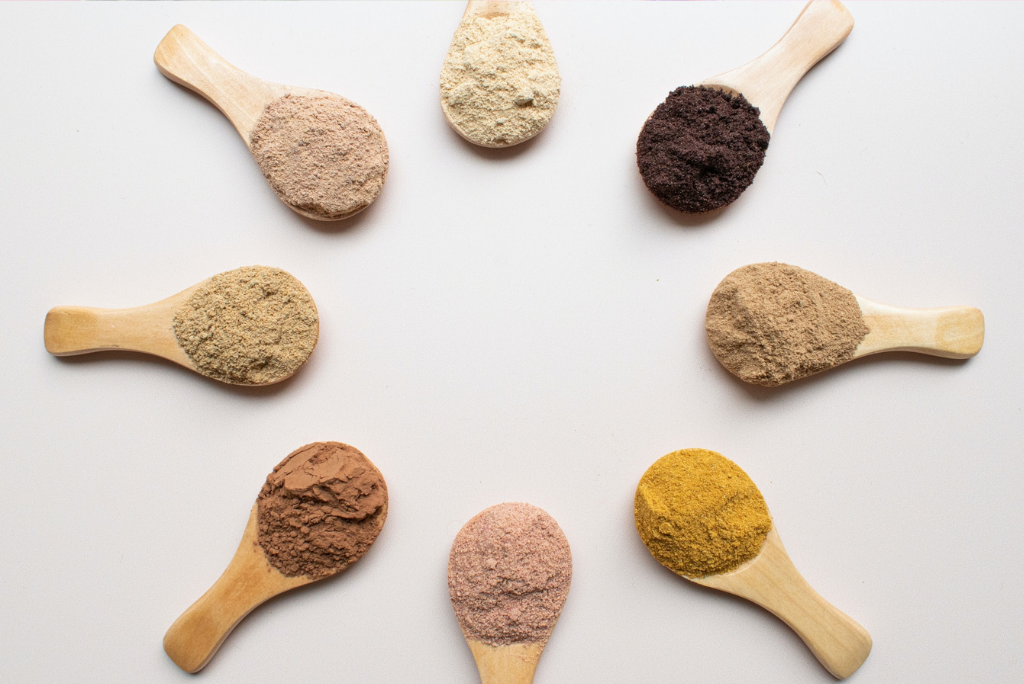
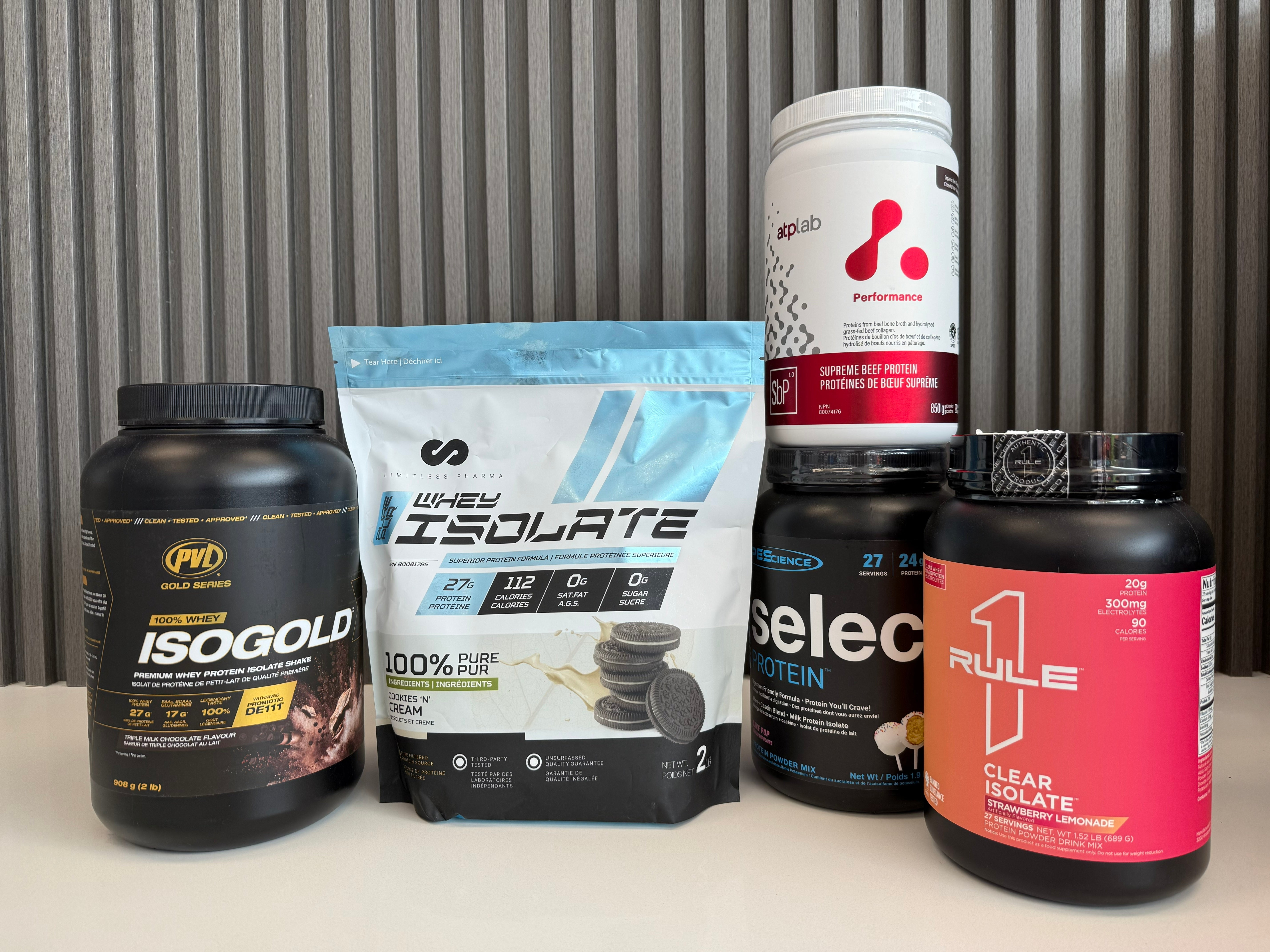
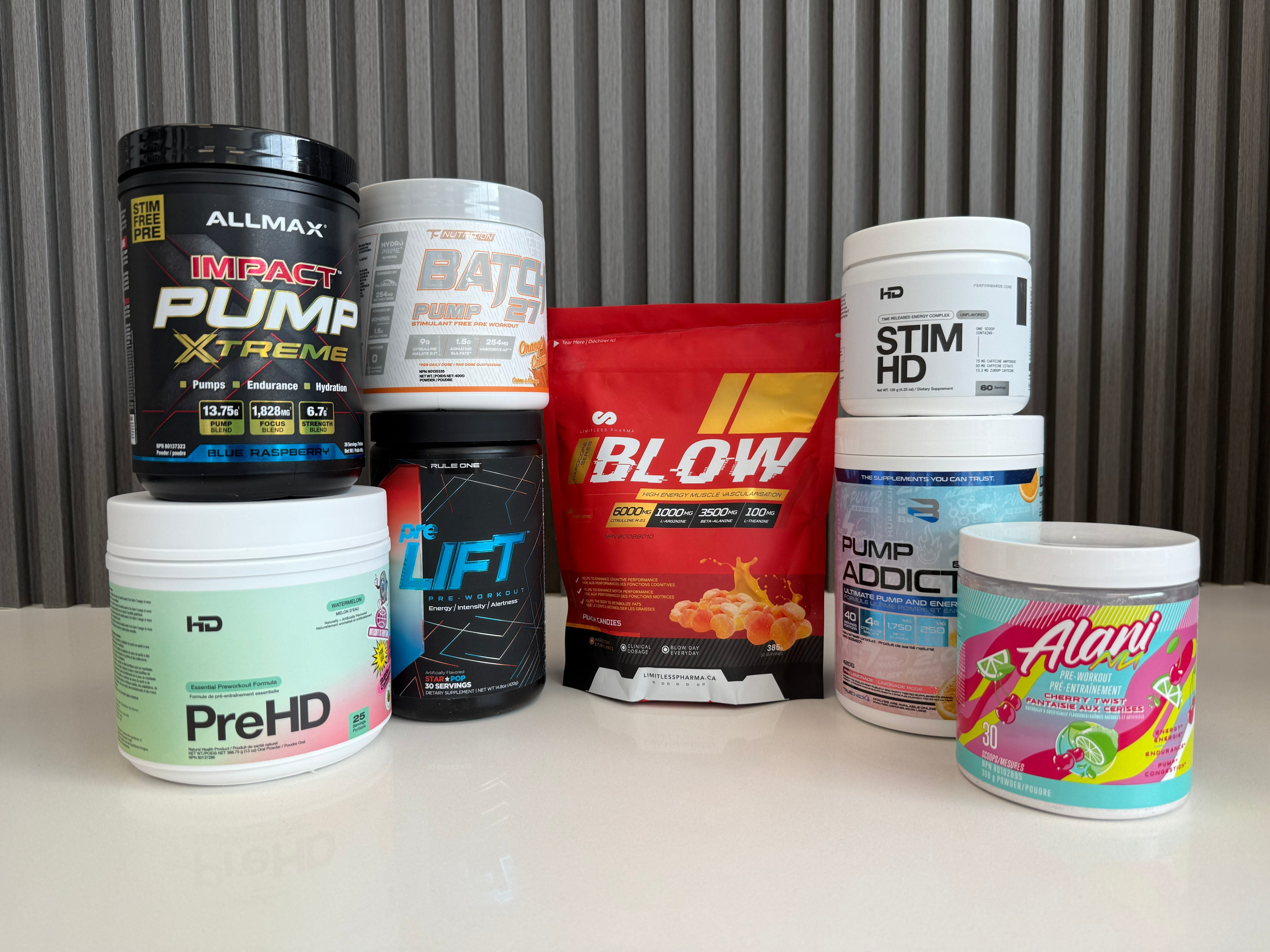
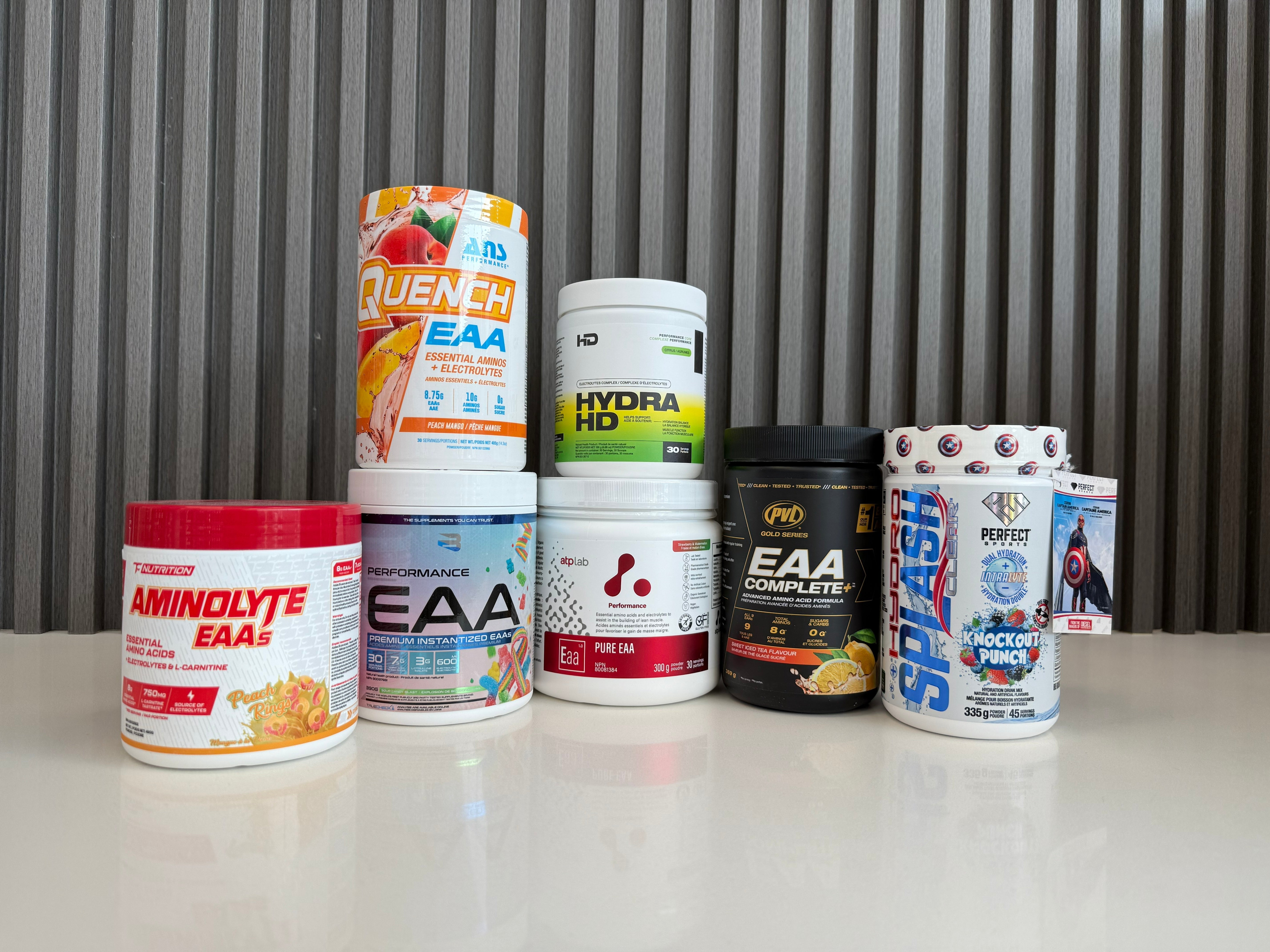
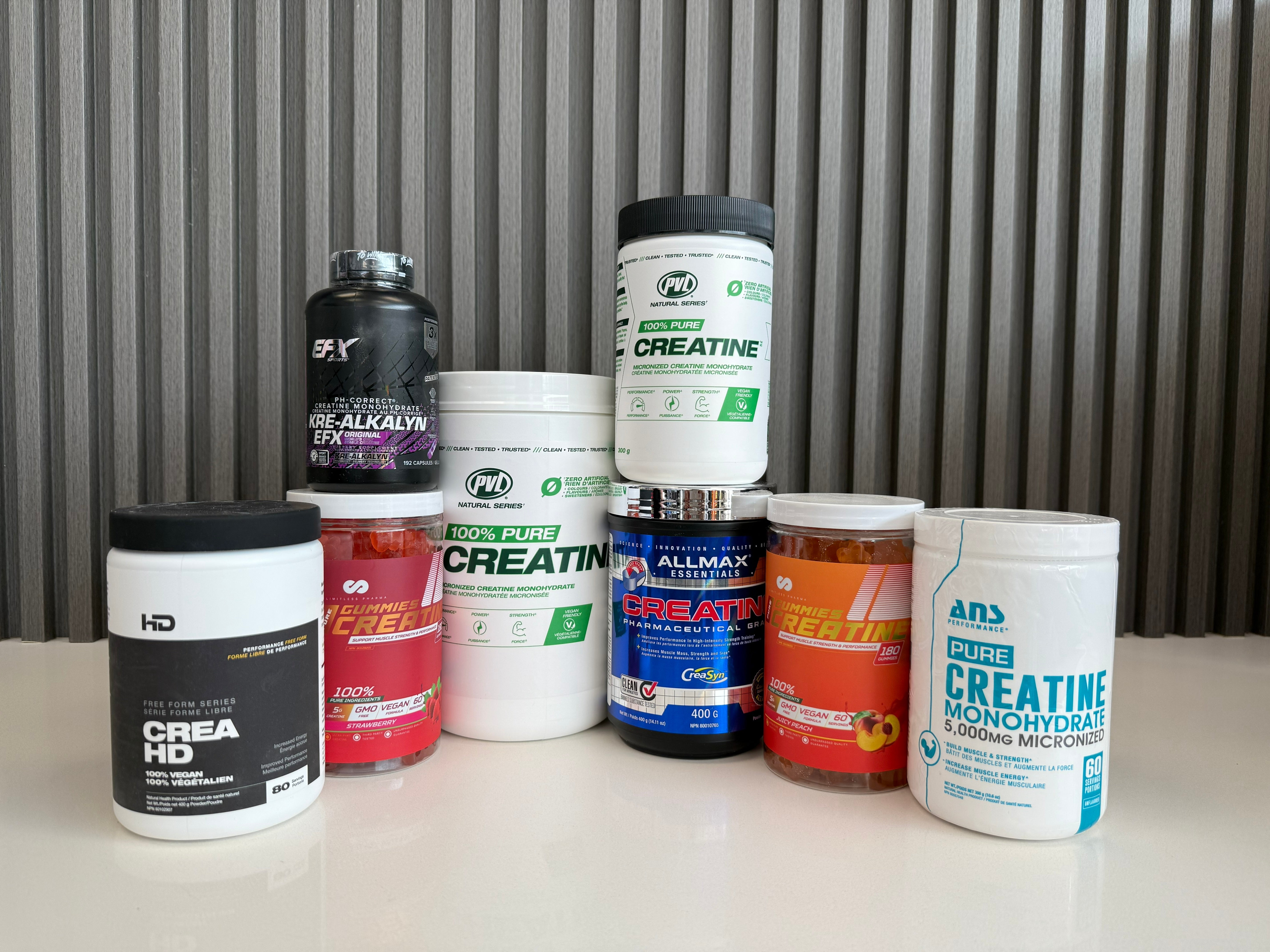
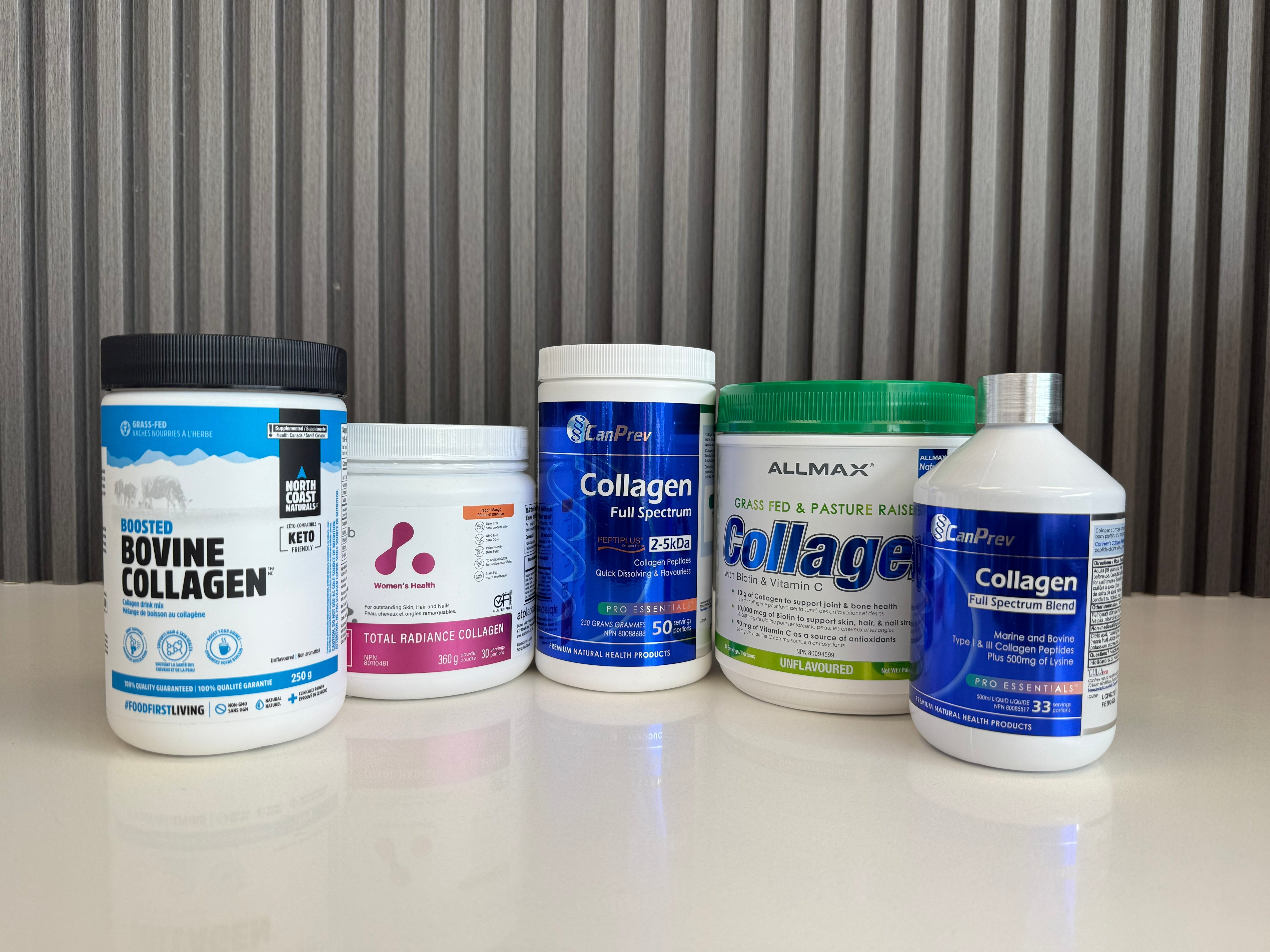
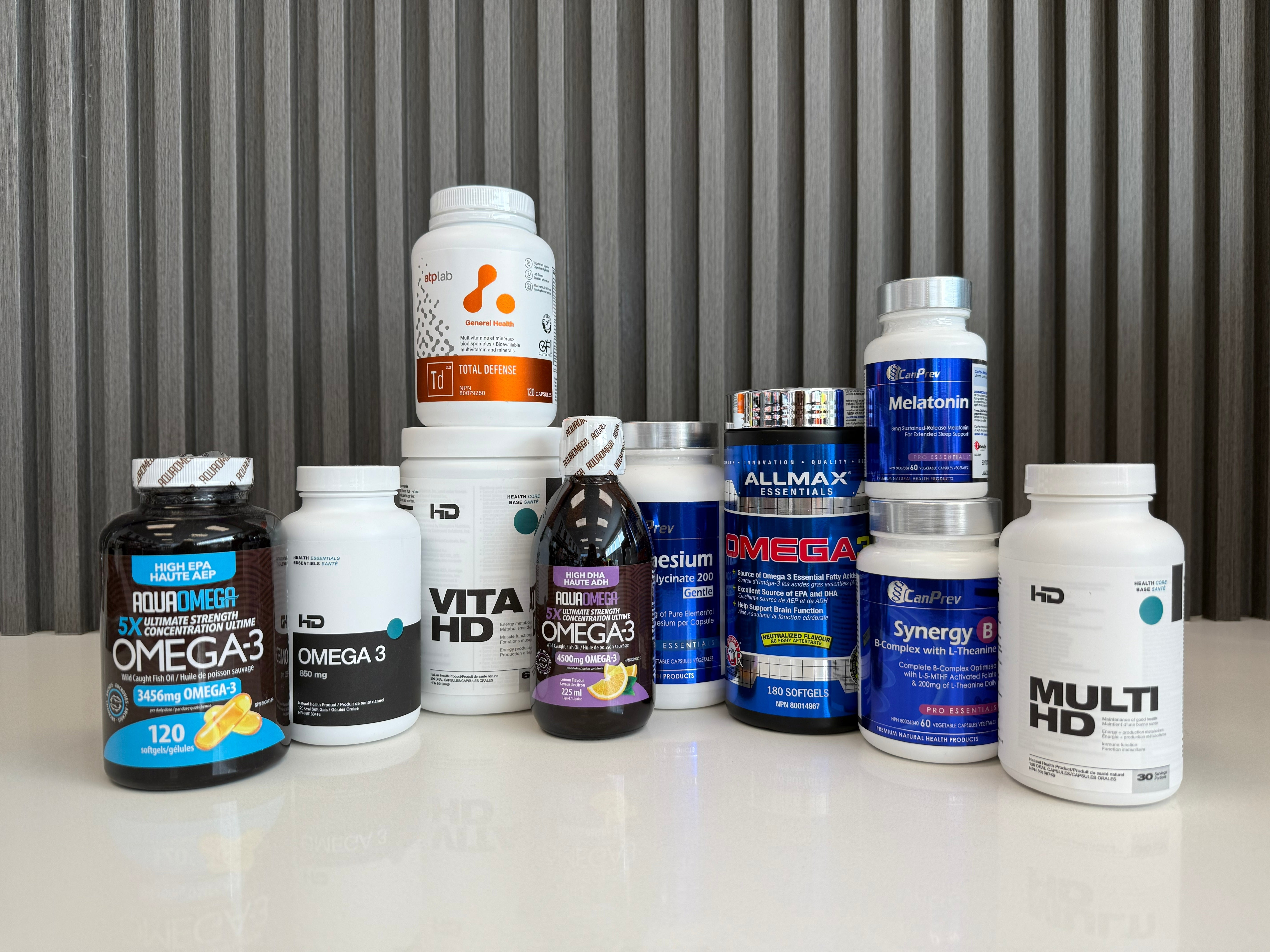
Leave a comment
All comments are moderated before being published.
This site is protected by hCaptcha and the hCaptcha Privacy Policy and Terms of Service apply.